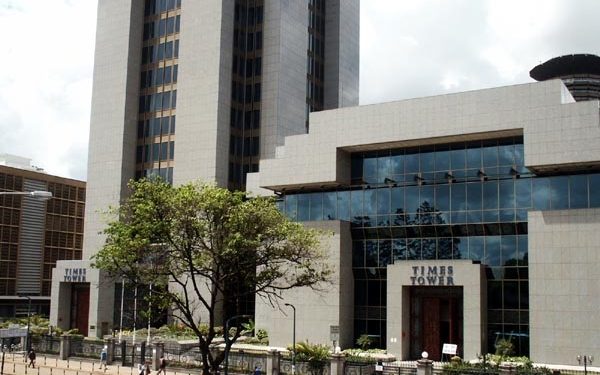Consumer group, the Consumers Federation of Kenya (COFEK), has warned of adverse consequences on consumers and businesses if Kenya Revenue Authority (KRA) goes ahead with its crackdown on those selling bottled water, juices, energy drinks, soda or other non-alcoholic drinks that do not have an affixed electronic excise duty stamp.
On 13th November 2019, KRA introduced an excise stamp duty on all bottled water, juices, energy drinks, soda and other non-alcoholic beverages manufactured in or imported into Kenya.
This is in accordance with Section 28 of the Excise Duty Act, 2015.
Currently, KRA is conducting checks on major retail stores and supermarkets across the country to ensure compliance with the electronic stamp.
A spot check reveals a marginal increase in the price of excisable products as KRA moves in to ensure compliance.
“We are apprehensive that this excise duty will have an adverse effect on consumers, driving most to seek cheaper and illegal alternatives. There is also no guarantee that genuine excise duty stamps are being sold illegally in the black market,” said Mr. Stephen Mutoro, Secretary General-COFEK.
Under scrutiny is the KSh17 billion tender awarded to a Swiss firm- SICPA, by KRA to run its Excisable Goods Management System (EGMS) in 2013.
SICPA is a global provider of secured authentication, identification and traceability solutions and services.
The privately-owned Swiss company is an advisory to governments, central banks and high-security printers.
It is said that this Swiss firm takes away over 40% of all the Excise Duty it collects, a figure that is said to be higher than what it takes to collect the tax by KRA.
“It is like we are robbing Kenyans to pay off the Swiss. The manner in which this tender was awarded to the Swiss firm is still unclear and obscure,” said Mr. Mutoro.
He added that it does not make economic sense to levy a tax that is too expensive to implement and ends up hurting the consumer.
KRA has warned that goods manufactured or imported into Kenya on or after November 13, 2019, and not bearing an excise stamp, will be confiscated.
According to commissioner for domestic taxes Elizabeth Mayo, those goods not complying will not be allowed into the market.
The consumer group, however, feels that taxing these consumables is a huge load on wallets of consumers.
KRA is implementing the second phase of the Excisable Goods Management System (EGMS) on bottled water, juices, energy drinks, soda and other non-alcoholic drinks.
The first phase covered cigarrates and alcohol.
Latest figures from KRA indicates that Excise duty registered a growth of 16.5% in 2018/19, with both domestic excise and import excise components growing by 12.3% and 5.9% respectively.
In its 2018/19 Revenue Performance Report, the Authority explains domestic excise performance as due to growth in production of major excisable products: 4.9 percent growth in Tobacco production; 26.7% growth in keg beer deliveries and improved growth of 15.6% in spirits deliveries.
During the last financial year, KRA collected KSh392,693 million from P.A.Y.E, KSh409.5 million from V.A.T, KSh195.7 million in excise duty, KSh105.2 million in import duty.
Related:




